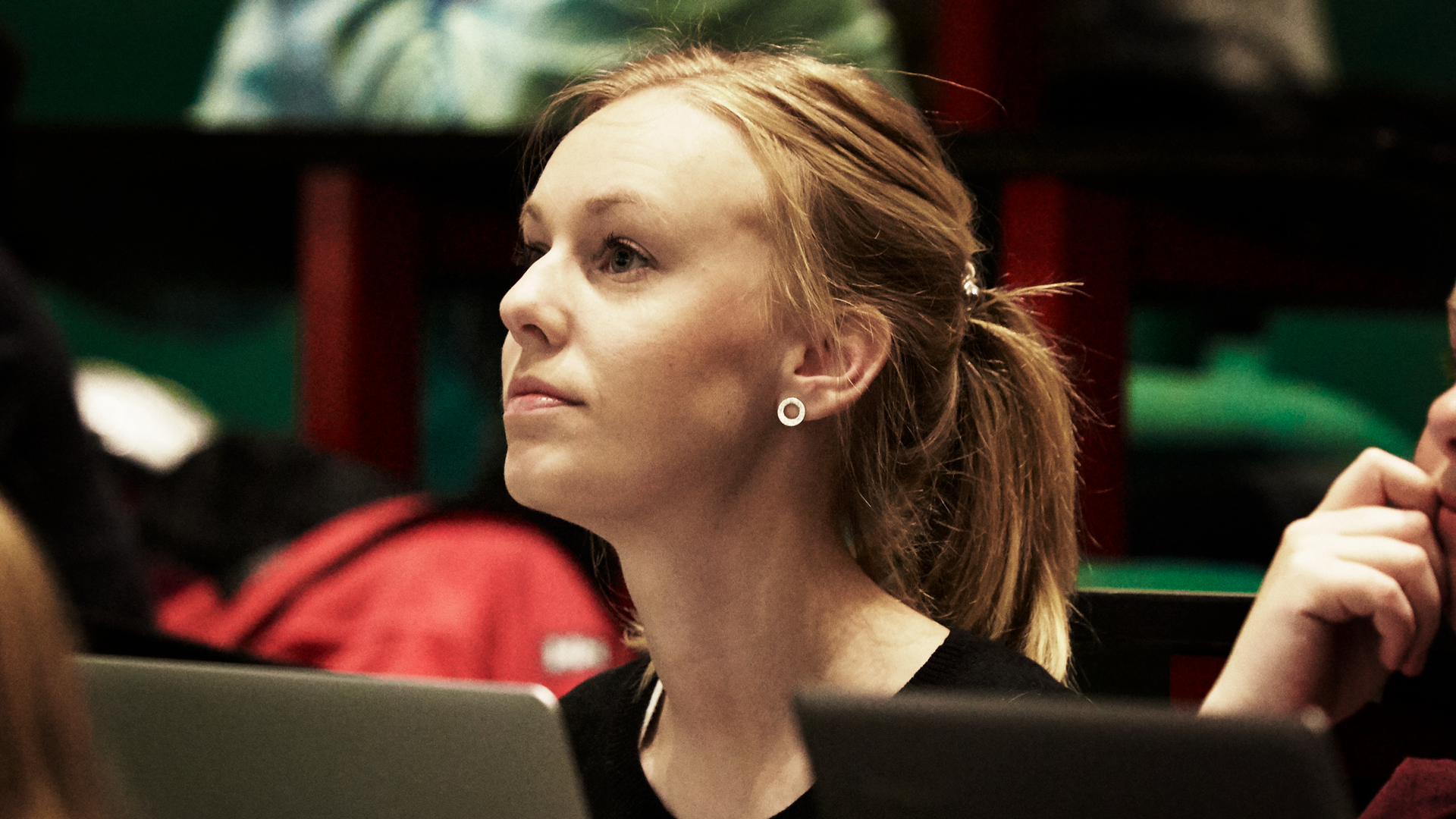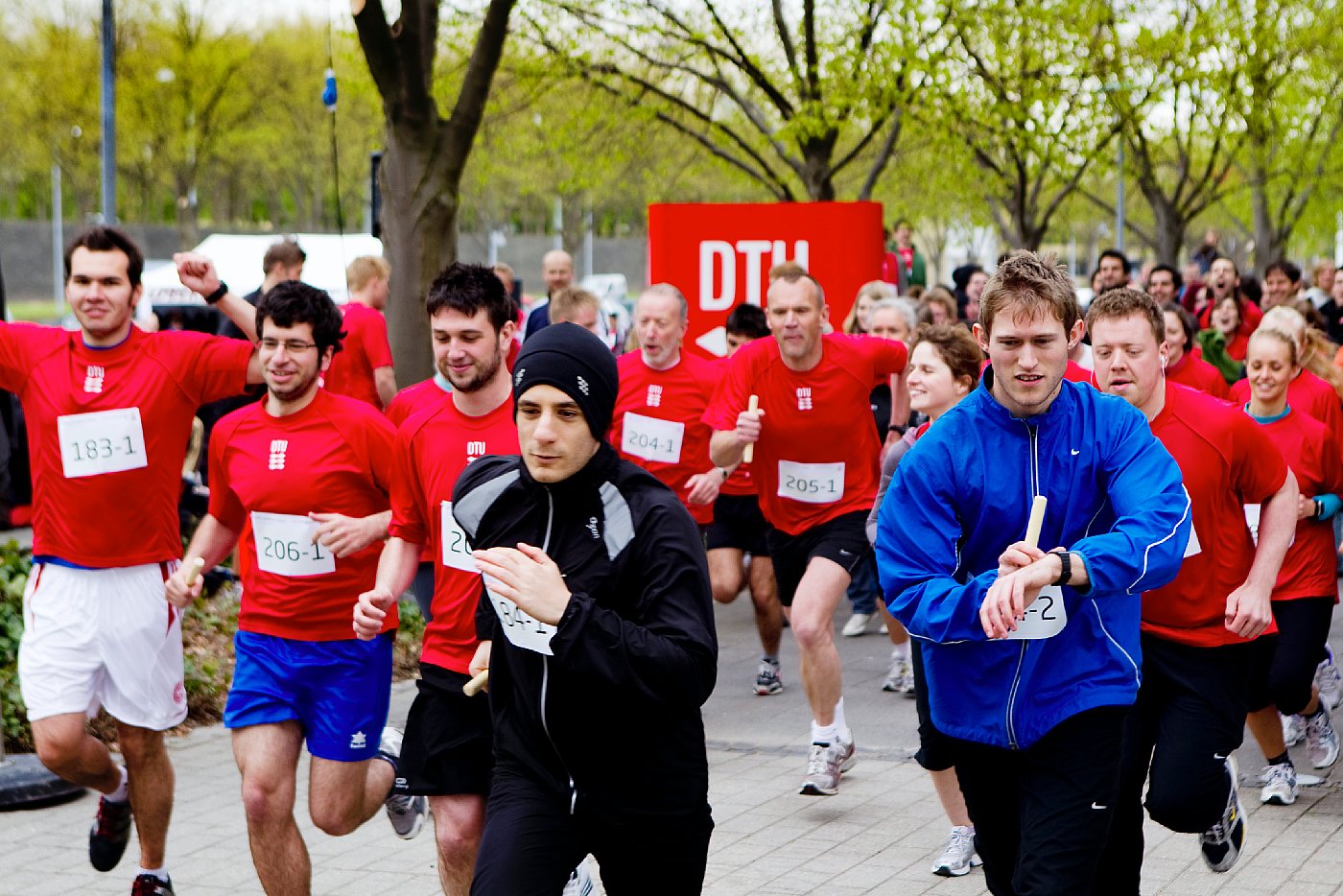Sustainable production of biofuels, biochemicals, pharmaceuticals, clothes, food and other consumables is a necessary alternative to current production methods and requires massive education of engineers within biotechnology.
Biotechnology engineers work in all phases of society’s development towards bio based economy. Biochemical and molecular biological tasks include mining of genes, organisms, or natural compounds from natural resources as well as design and construction of recombinant cell-factories. Fermentation tasks include design, optimization, and running of small to large-scale fermentation processes. Other tasks include purification and quality control of proteins and biochemical - and most importantly, the invention of new methods to use biotechnology for the benefit of society. All of these tasks require specialized biotechnology engineers that are educated in a combination of scientific research and industrial application.
Biotech industry is an expanding billion-dollar industry offering a promising future for Biotechnology engineers whether employed in a large biotech company or starting up small companies as bio-entrepreneurs.
Study programme focus
Through the programme, you will build upon your fundamental knowledge of biochemistry, protein and enzyme science, microbiology, molecular biology, and fermentation process technology. You will learn to apply this knowledge on biotechnological problems, ranging from basic research issues to the development of new cell factories and the study of their performance in bioreactors. You will acquire the relevant competencies for collecting and analysing wide-ranging types of data using statistics, bioinformatics, and mathematical models.
You will have the opportunity to work in close collaboration with both Danish and international companies - either as part of the courses, as an individual project or while writing your thesis.
The MSc is a two-year graduate programme with a workload of 120 ECTS credit points.
See curriculum









